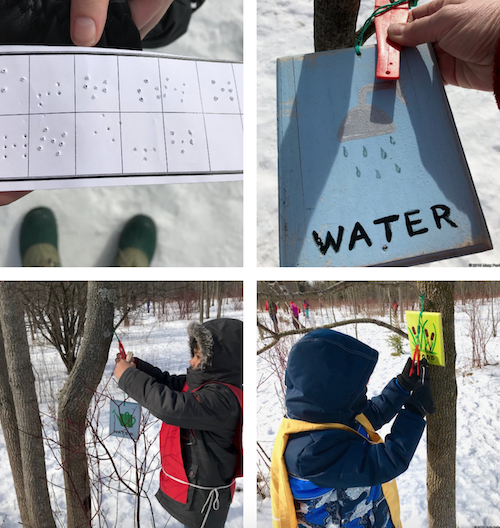Reflecting on Learning through Games and Constructivism

Recently, as I read Yasmin Kafai and Quinn Burke’s article Constructionist Gaming: Understanding the Benefits of Making Games for Learning and Kelly Tran’s article “Her story was complex”: A Twine workshop for ten- to twelve-year-old girls, it has had me reflecting on learning through games, constructivism, how I teach, and my own learning styles. With science and science education being central to my development as an individual, storyteller, and teacher, this naturally had me thinking on my years as a science educator, as well as what got me excited about science as a young person, and how that shaped my teaching in other subjects, including media arts. Through these reflections, I recognize that I’ve missed valuable learning experiences to not only create game based learning experiences for my students, but to get them designing the games.

The Twine below represents my reflections on Gaming Learning from the Perspective of a Science Educator.
You’ll need to give the Twine below a moment to load, in order for the black box to disappear.
I had another realization while reflecting and exploring project based learning and constructivism through the creation of this Twine, that perhaps this style of learning and education is what we need in order to allow diverse groups of students with different learning styles to succeed. Rather than prescribing how our students should learn and demonstrate their learning, constructivist project based learning allows student to find their own learning path in a way that works for them and allows them to shine. I always knew this is where I excelled as a student, and knew this is what built my confidence in my own academic abilities, and I have seen the same in the students I’ve taught, especially those who like me are considered to have ‘learning disabilities’. It hit me in these reflections that perhaps the reason for this is that when learning in this way, rather than telling others what they can and can’t do, and are and are not capable of, we are giving them the tools, platform, and freedom to create and discover for themselves, in a way that is meaningful for them – allowing them to approach learning and creating in a way that works for their individual needs. We need to make more such learning opportunities available to our young people, so that they too can shine and build their confidence.

References
Kafai, Y. & Burke, Q. (2015). Constructionist Gaming: Understanding the Benefits of Making Games for Learning. Educational psychologist, 50, 4, 313-334.
Tran, K. M. (2016). “Her story was complex”: A Twine workshop for ten- to twelve-year-old girls. E-Learning and Digital Media, 13(5–6), 212–226. https://doi.org/10.1177/2042753016689635
Leave a Reply